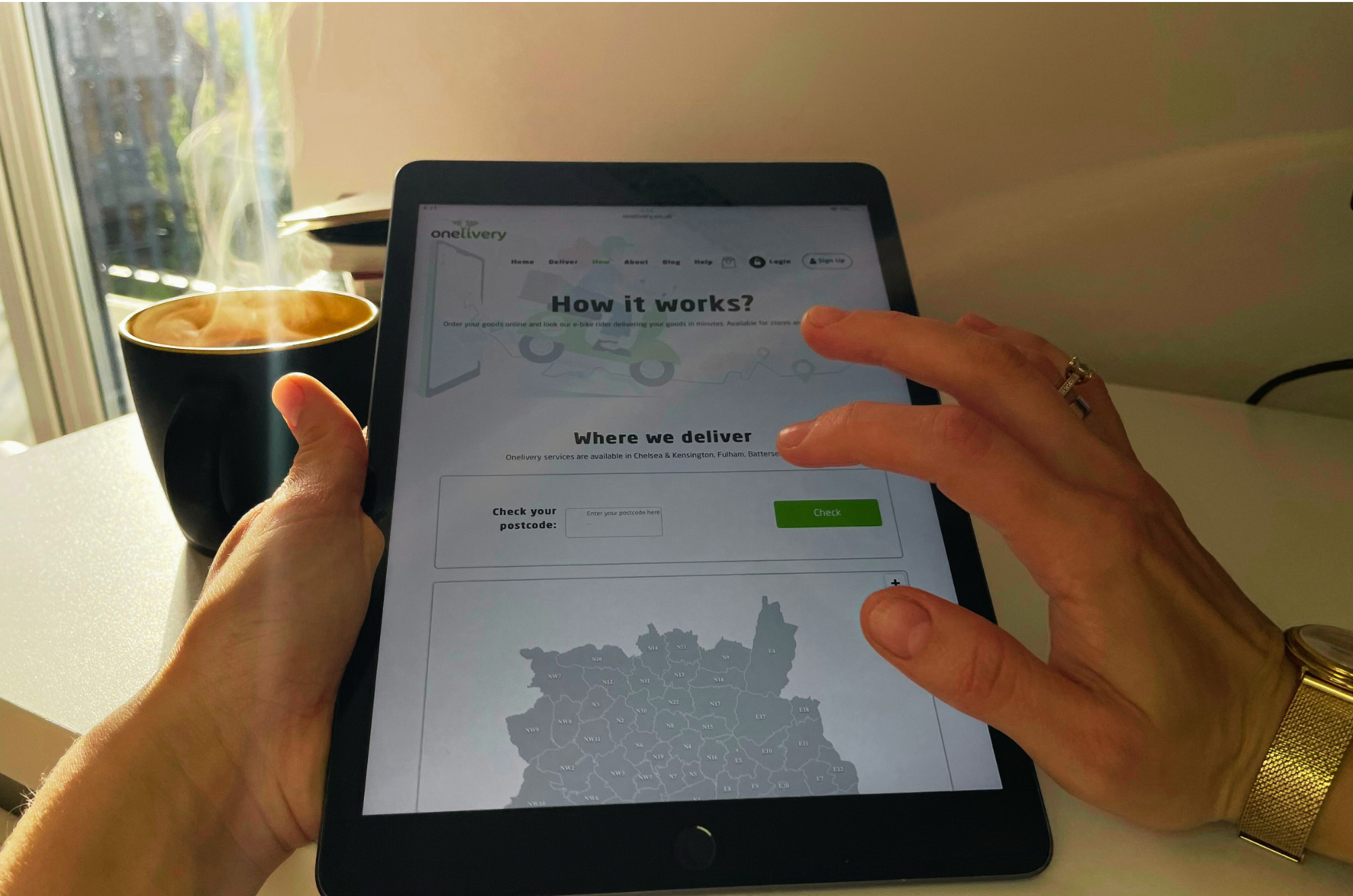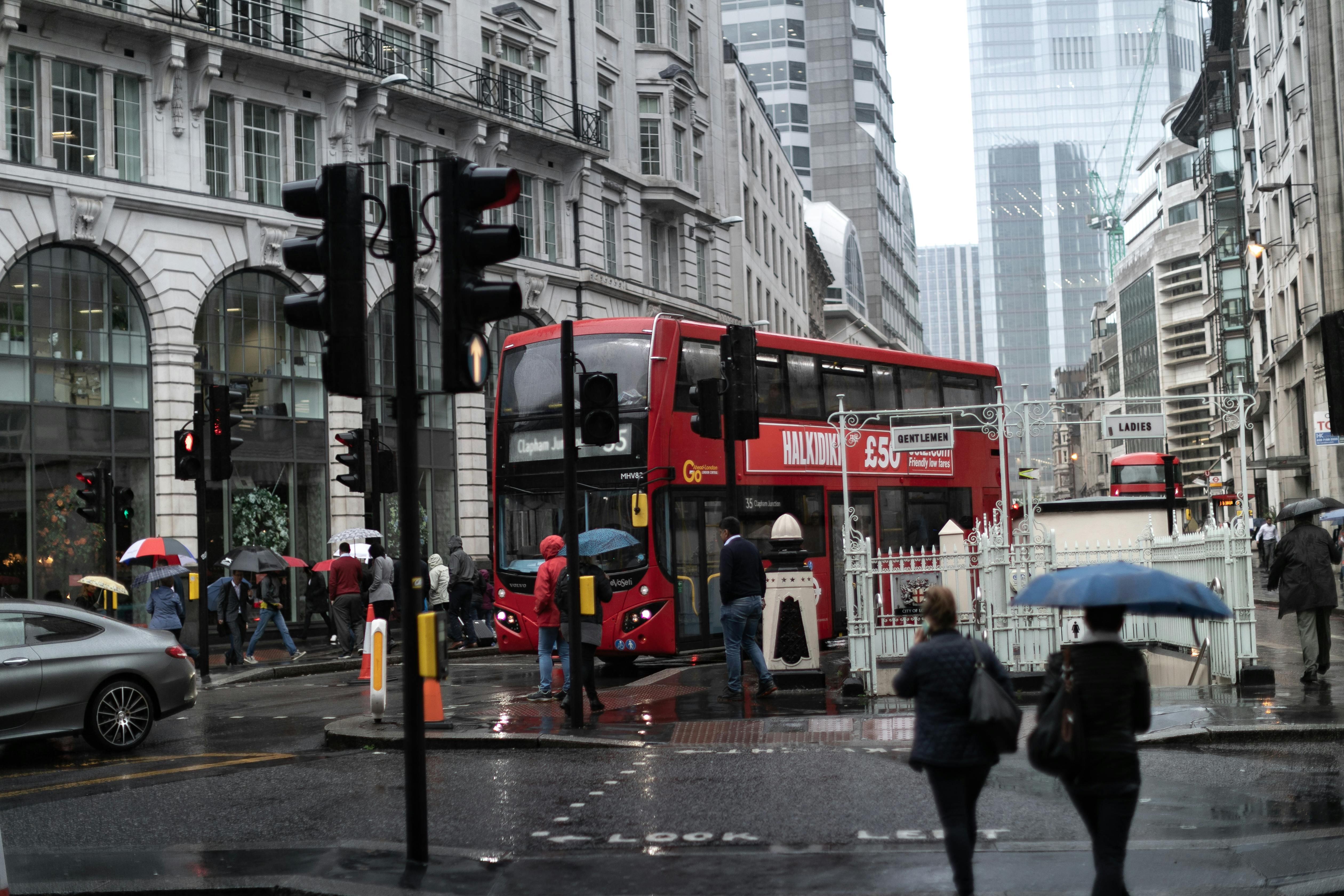You’ve got the stock in. The team’s working flat out. The scripts are prepped. And yet, somehow, the stress just won’t shift. You’re doing everything right on your end, but the pressure is still there, building quietly in the background.
It’s not the medication. It’s everything around it.
When It’s Not About the Pills
Dispensing itself rarely goes wrong. Most pharmacies run a tight ship. But then the phone rings again. A patient is chasing a delivery that hasn’t arrived. The driver’s late. Someone’s prescription is missing. And your team’s lunch break? Long forgotten.
Suddenly, your day has turned into damage control. And for what? Not because something was out of stock, but because the simple act of getting it to the patient went sideways.
Deliveries That Drain You
For sure, you didn’t sign up to be a logistics manager. You shouldn’t be spending your afternoon tracking parcels, sorting driver mix-ups, or explaining to someone’s daughter why her mum’s medicine is still sitting behind the counter.
It’s exhausting. And what’s worse, even when you do everything by the book, a missed collection or poor handover can undo it all in seconds.
The Silent Cost
Yes, there’s the financial hit when deliveries fail, but the hidden cost runs deeper. The frustration. The patient complaints. The mental load of worrying whether today’s batch will go smoothly or spark another fire to put out.
It wears you down. You start second-guessing processes that work just fine, until the delivery part kicks in.
Time to Re-think the Hand-Off
You’ve built a business that patients rely on. You’re organised, diligent, and care deeply about getting things right. But unless the people helping you finish the job take it just as seriously, you’ll always be stuck filling in the gaps.
That’s where we come in.
A System Ready for an Update
Pharmacies are running well-oiled machines behind the counter, but the moment medications leave the building, things can quickly fall apart. This isn’t a sign of poor practise. It simply shows that the systems supporting pharmacy teams haven’t kept pace with the increasing demands they face.
If stress is mounting despite stocked shelves and a capable team, the problem probably isn’t in the dispensing process. It’s everything that comes after. What we need now are better tools, clearer processes, and recognition that the journey doesn’t end at the counter.
Because healthcare only works when the final step, getting medicine to the right hands at the right time, is just as reliable as the rest.









